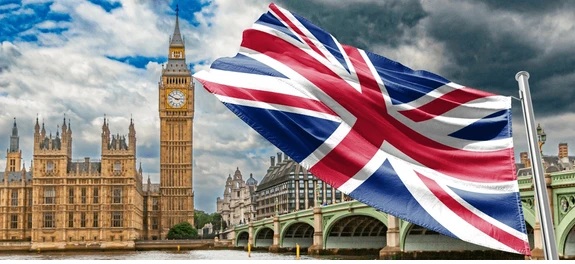HEALTH CARE: Good or bad when your doctor lies to you?

By Michael Greger MD
About half of doctors admit to intentionally deceiving patients by prescribing placebos, but might the ends justify the means?
A controversial paper was published in the American Journal of Bioethics arguing that it’s not only OK for doctors to lie to patients, but that we have a “duty to deceive.” Unlike what you see on television, roughly half the time a patient walks into a doctor’s office, a firm diagnosis cannot be made.

Half the time the doctor doesn’t know what’s going on. So why not give the patient a sugar pill, such as a homeopathic remedy—which is often just that, an actual sugar pill—or something like a Bach flower remedy? Just because they don’t work better than a placebo, doesn’t mean they don’t work
Placebos are certainly safer than prescribing an actual drug. Prescription drugs kill an estimated 106,000 Americans a year, effectively making doctors the 6th leading cause of death.
Even just offering a made-up diagnosis and false reassurance seems to work. In one landmark study, two hundred patients for whom no definite diagnosis could be made were randomized into two groups.
The honesty group was told “I don’t know what’s wrong with you,” and the dishonesty group was given some fake but firm diagnosis and told confidently they’d get better in a few days—and guess what, they did! They were 90 percent more likely to be cured. A “Deception Flowchart” has even been devised to help us doctors decide, for example, if we should consider a “lying” versus a “non-lying deception” to meet objectives.
Those on the pro-truth side of the fence argue that first of all, placebos aren’t necessarily always safe. The sugar in the sugar pills is typically lactose (milk sugar), for which most of humanity is intolerant after infancy. There was a famous cancer drug trial in which the chemotherapy caused a surprising reduction in nausea and vomiting compared to placebo, but that may have been because it was compared to a placebo made out of lactose.
Pro-truth advocates accuse doctors of disease-mongering. By defining vague symptoms as an entity requiring a treatment, healthy people are converted into patients. “They need explanation and reassurance that promote autonomy,” reads one editorial, “not to be given faith in a non-existent disease and crackpot medicine.”
If all one cares about is beneficial medical consequences, “might not doctors also have a duty to prescribe things like chanting, crystals, and séances?”
Deception advocates reply: “Doctors have a duty to do the best they can to relieve a patient’s symptoms. If that means they prescribe a placebo, or even conduct a séance…then there is a duty to do these things. If a doctor can really convince a patient that a chant will cure his headache, then it very likely will, and she should ululate it at the top of her lungs.” In fact, “It is a type of deception that patients ought to be thankful for, just as we are thankful when we receive a mendacious compliment from a friend.” Of course you don’t look fat in that dress!
So how many doctors lie to their patients? About half of surveyed internal medicine doctors and rheumatologists in the United States report prescribing placebo treatments on a regular basis. Similar numbers have been found in Canada, Europe, Israel, and New Zealand..
Surveys show that prescribing placebo treatments seems to be common and is viewed as ethically permissible by physician
s. I personally find it ironic that physicians often condemn alternative medicine quacks for giving useless remedies when they themselves do the same thing. As one physician commented, “The vow we take is the Hippocratic oath—not the hypocritic one.”
What does everyone think about this practice? Would you want to be lied to by your doctor if it would help make you better?
Michael Greger, is a physician, author, and internationally recognized professional speaker on a number of important public health issues. He serves as the Director of Public Health and Animal Agriculture at the Humane Society of the United States.





